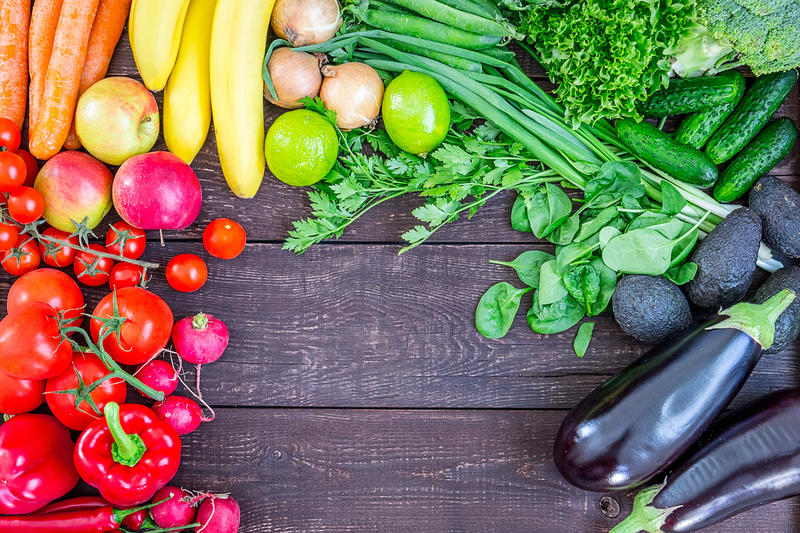The Ketogenic (Keto) Diet is a low carbohydrate, moderate protein, high fat diet. It’s recently been highly publicized on social media and in certain health circles. This diet has a host of health benefits, but is not without its challenges. Getting your fruit and vegetable-based vitamins and minerals, while keeping your net carbohydrates low can be a difficult balancing act. To truly feel your best while still maintaining the benefits of ketosis, you’ll need knowledge and a sound strategy.
Vegetables
To get the most bang for your nutritional buck, go with low carb cruciferous vegetables. Broccoli, cauliflower, and brussels sprouts are nutritional superstars. Just one serving of broccoli is loaded with vitamin K, vitamin C, and chromium. Another great way to make sure you are consuming enough vitamins and minerals without sacrificing all of your carbohydrate macros is to get a variety of leafy greens. Everyone knows spinach as a super food and it’s no secret why. One cup of spinach has 84% of your daily value of manganese plus more than half your daily value of folate and beneficial amounts of copper, calcium and vitamin B2. Add arugula and you’ll be getting thiamin, riboflavin and zinc. Need more variety? Reach for bell peppers, mushrooms, celery, and radishes.
Fruits
Incorporating fruits into your ketogenic diet can be especially challenging as fruits have naturally occurring sugars. To start, begin adding lemons and limes into your meals and flavorings. These citrus fruits are sources of vitamin C, potassium, and vitamin B6. Avocados are an excellent fruit for anyone on the ketogenic diet. This fruit is not only a source of healthy, keto-friendly fats, but avocados are nutrient dense. Just one fifth of an avocado contains nearly 20 vitamins and minerals including pantothenic acid, lutein, beta-carotene, and vitamins C, E, K, and B6. If you are craving a more traditional fruit, stick with berries. Strawberries, raspberries, and blackberries provide the most nutritional value with the lowest net carbohydrates.
Strategy
Like any nutrition plan, you will get the most out of the Ketogenic diet if you plan what and how you will eat. It may sound easy to eat a diet heavy in fats, but the Keto diet can present challenges when it comes to making sure you are getting the micronutrients your body requires to perform its best. Planning your meals and ensuring you incorporate a variety of nutrient-dense fruits and vegetables is the key to optimizing your diet and staying healthy.
Resources:


